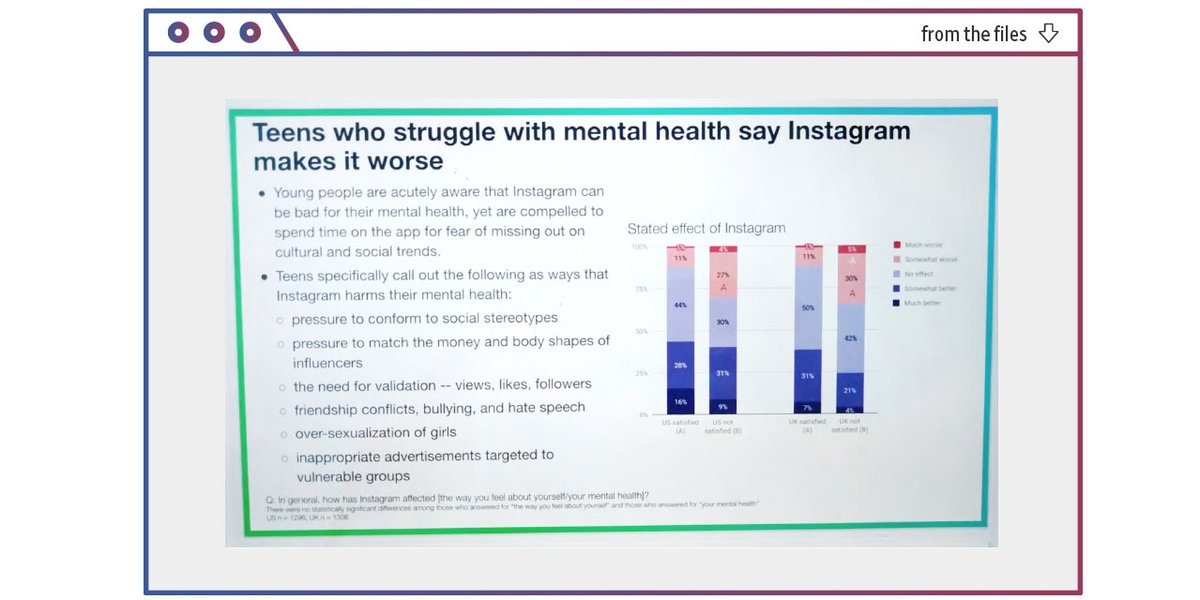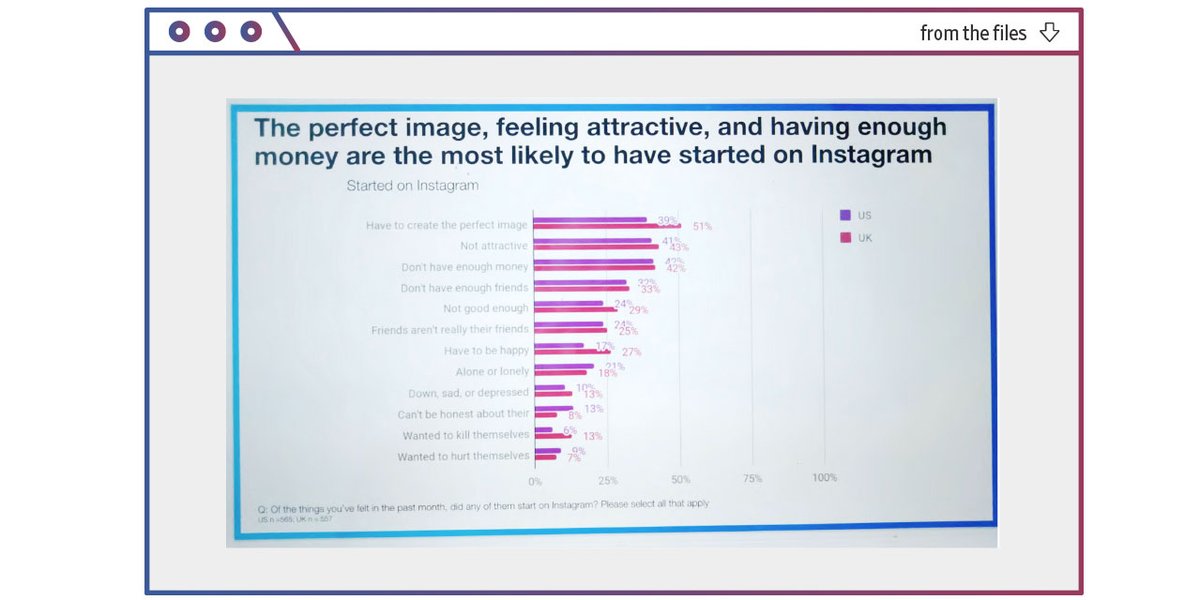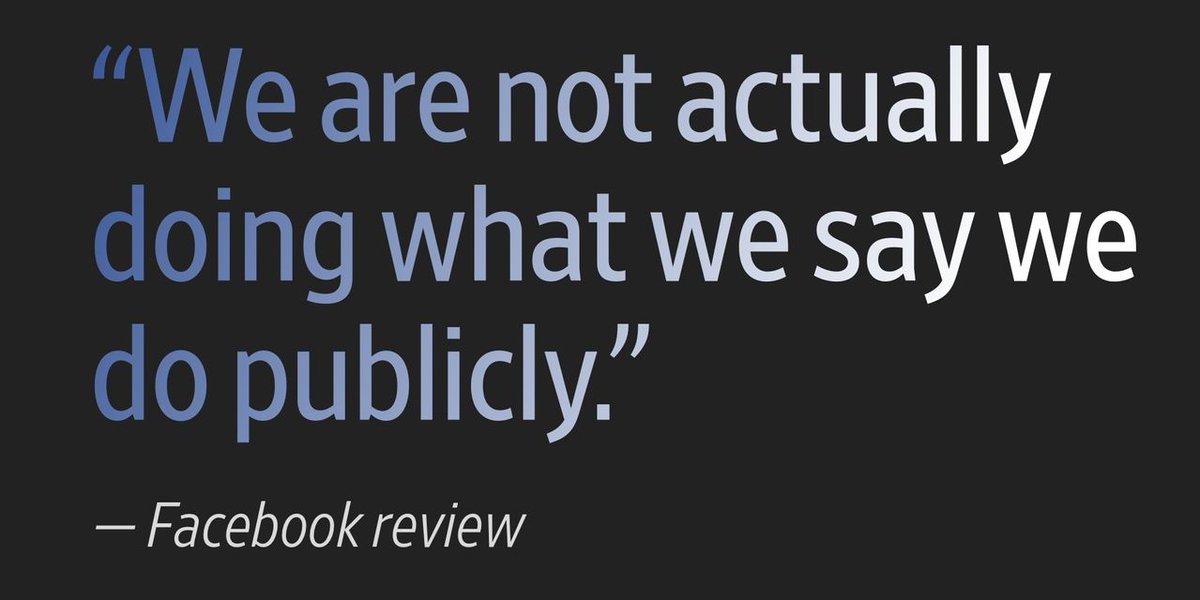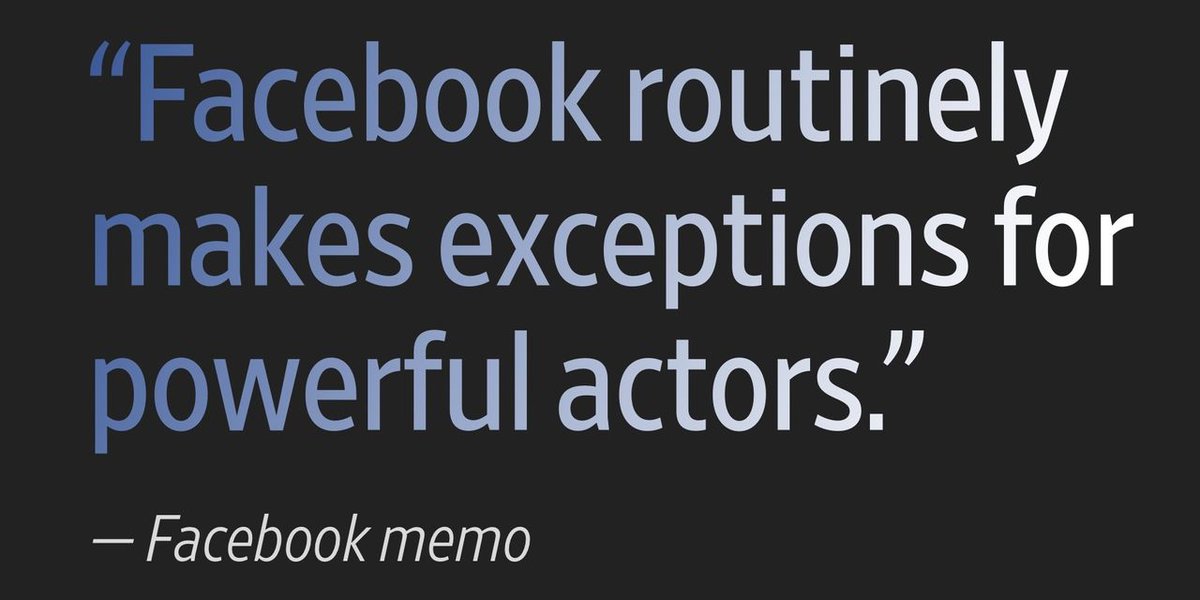
Internal documents describe Facebook employees’ embarrassment and frustration after decisions it made allowed users to post videos of murders, incitements to violence and advertisements for human trafficking on.wsj.com/3zjCxyt
In January, a Facebook investigator flagged to the company how a Mexican drug cartel was using Facebook to recruit, train and pay hit men. But Facebook didn’t block it from posting. on.wsj.com/2YSR3k7 

With this kind of content overseas, Facebook removes some pages, though many more operate openly, according to the documents on.wsj.com/3nBtyGN
Facebook said this week it takes down offending posts when problems arise and that it has a comprehensive strategy to keep people safe in countries at risk for conflict and violence on.wsj.com/2Xoy9Bz
In one instance, after a suicide bombing killed dozens of Indian paramilitary officers, researchers using a test account found drawings depicting beheadings and photos purporting to show a Muslim man’s severed torso on.wsj.com/3EnFwtq 

In Nairobi, Patricia Wanja Kimani, 28, saw a job recruitment post on Facebook that promised free airfare and visas—even though Facebook has banned such ads, according to the documents. She said she was promised $300 a month to work for a cleaning service. on.wsj.com/3CoBwY1 

At the airport, a recruiter gave her a contract saying she would be paid 10% less than promised. When she balked, the recruiter said the contract had already been sold and that she would have to pay if she backed out. So she flew to Riyadh. on.wsj.com/3zfhxJ9 

Kimani worked in a home where a woman called her a dog—cleaning from 5 a.m. until dusk and sleeping in a storage room without air conditioning. The house’s locked courtyard and high walls made leaving impossible. on.wsj.com/2Xv29vr 

Kimani said Facebook helped her get into and out of the mess, after she posted for help and a U.N. body helped negotiate her return to Kenya. She has been warning others about the risks of getting trafficked, and she would like to see Facebook work harder. on.wsj.com/39jqEOh 

• • •
Missing some Tweet in this thread? You can try to
force a refresh









